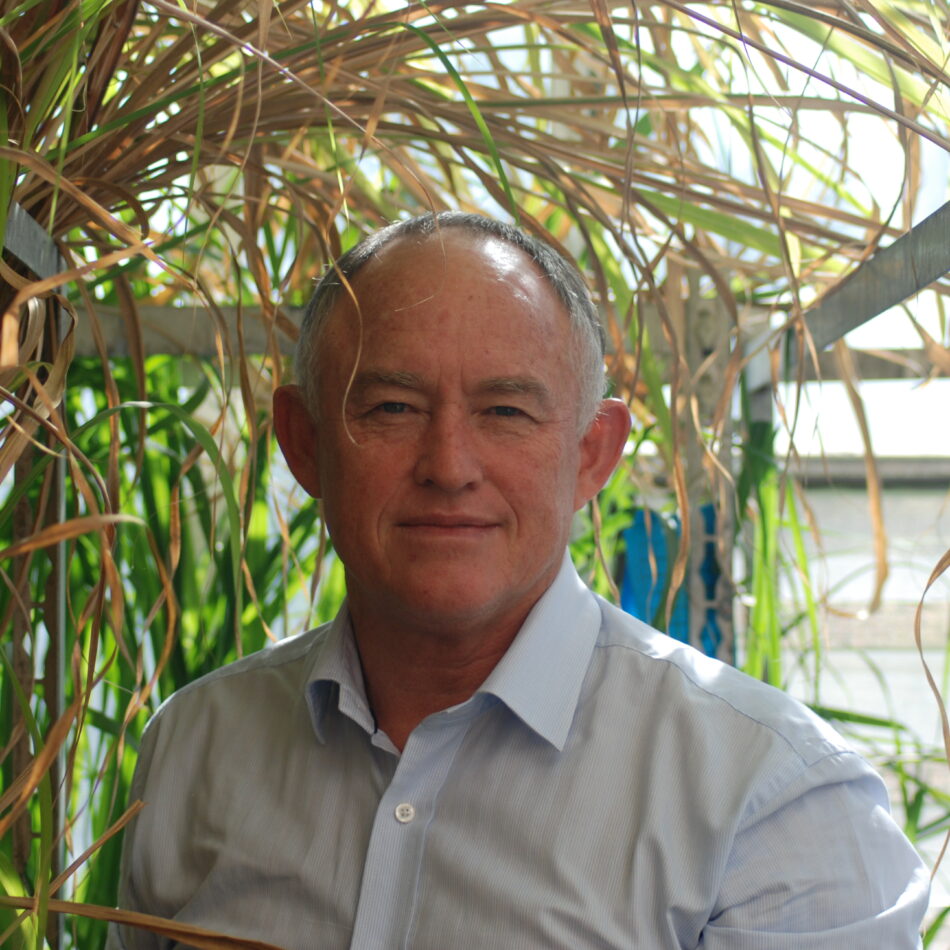The CRCNA’s latest research collaboration is looking to break the mould for sugarcane variety R&D and deliver long-term, commercially viable diversification options for far north Queensland cane growers and millers.
The $1.3 million, three-year suitable sugarcane to diversify income and add value project is focused on boosting tonnages and extracting more value from feedstock delivered to Far Northern Milling’s Mossman mill in an effort to support the long-term prosperity of local growers, the mill and the broader far north Queensland economy.
Project lead Professor Frederik Botha from the University of Queensland’s Queensland Alliance for Agriculture and Food Innovation (QAAFI) said crop trials of commercial, near commercial and energy cane varieties have already started on the Tablelands and in Mossman. Crop trials will also include the testing of several sorghum varieties as possible supplementary biomass inputs for Mossman mill.
“Initially, we are focusing on identifying those cane and sorghum varieties which are the best biomass producers, meaning they are energy dense, with good foliage, high fibre and sugar levels. This would help alleviate the current feedstock shortfall at the Mossman mill. However, these high biomass varieties will only be useful if they have sucrose and fibre levels that will allow processing with the current milling infrastructure,” he said.
“We will then take a close look at the chemical composition of these varieties examining the whole plant from the leaves, trash and the stalks, to determine the best varieties and how these components could be further developed into commercially viable products to boost income streams for growers and millers.”
The final stage of the research will be to develop recommendations and business cases for producers and Far Northern Milling to outline how they can develop sustainable farming systems to support a new approach to sugarcane farming.
Mossman grower and trial participant Don Murday said exploring diversification options is crucial to the long-term viability of the region’s mill and sugarcane industry.
“Biomass has long been touted as a quality, renewable feedstock source for mills and a value-add for growers.
“As growers we need to invest in our future and ensure we can maximise the value of our crops.
“Moving to an integrated, rotational production system which includes traditional sugarcane varieties grown alongside high energy canes or sorghum, means we could deliver new, sustainable income streams for growers and millers,” he said.
Far Northern Milling’s General Manager Peter Dibella said the CRCNA collaboration will support the cooperative’s broader vision to locate a suite of environmentally sustainable bio-projects value adding to the mill’s feedstock (syrup, sugar, bagasse, and molasses), as part of a Daintree bio-precinct.
“We need to look outside of the box if we are going to transform the sugarcane industry and provide a pathway for long-term, economic growth for this region,” Mr Dibella said.
Given the location of the Mossman production areas in the Great Barrier Reef catchment, environmental considerations are always front of mind. To this end, Professor Botha said efforts to increase biomass should not be driven by more nutrient input, or at the expense of soil health.
“Our approach is to cast the net wide and screen the diverse range of sugarcane genotypes already bred by SRA but not selected for commercial release. This project will select those varieties which can deliver in the conditions specific to the Mossman mill region and the increased biomass requirements of the mill,” he said.
SRA Executive Manager for Variety Development Dr Jason Eglinton said the project is an ideal platform to test a broad range of types of sugarcane for potential future products.
CRCNA CEO Jed Matz said the project will demonstrate the possibilities available to sugarcane growers in an economically and environmentally sustainable way.
Professor Botha said the project team will hold a grower field day and project update early in 2021.
This research is funded by the CRCNA, The University for Queensland, Far Northern Milling Pty Ltd, Sugar Research Australia and supported by the Queensland Department of Agriculture and Fisheries.
More information
Carla Keith, CRCNA Communications Manager 0499 330 051
Professor Frederik (Frikkie) Botha, UQ QAAFI Project lead 0488 400 074


